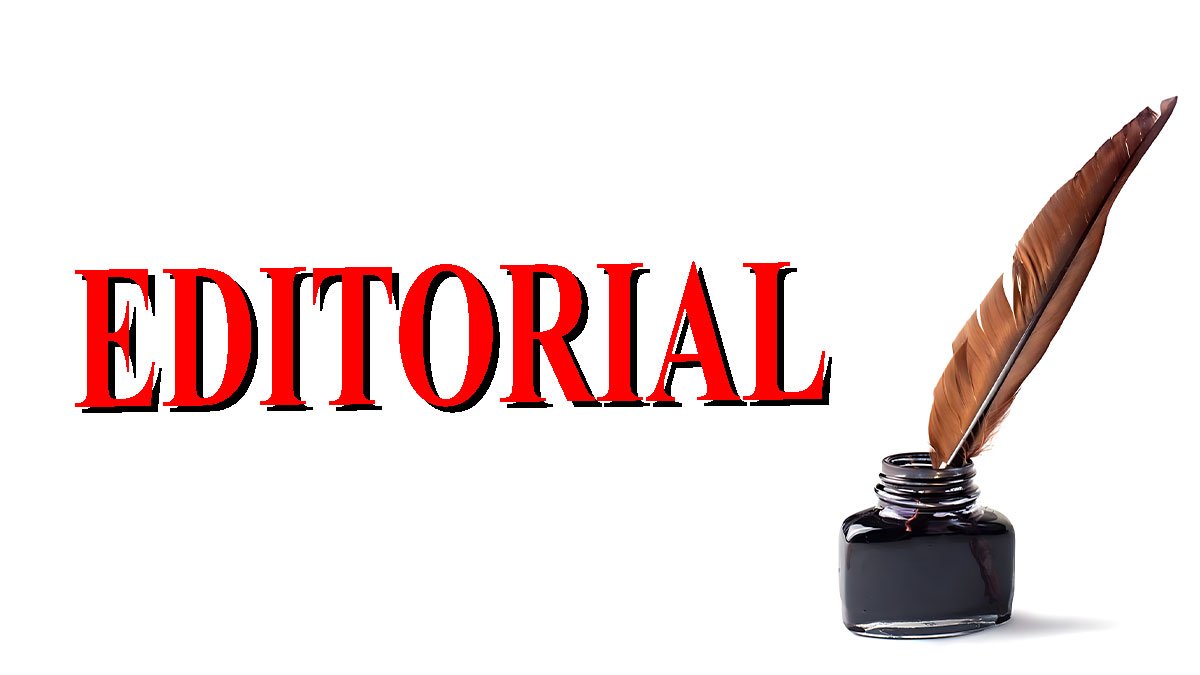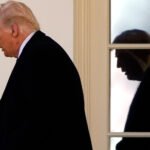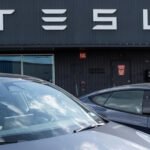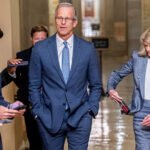Tuesday, May 6`, 2025
Year : 2, Issue: 36
by Hugo Dixon
Donald Trump is not Ukraine’s friend, despite his new minerals partnership with the country. At times the US president has undermined Kyiv in its war with Russia — for example, by temporarily suspending critical intelligence in March — and he may yet do it irreparable harm.
But Trump’s turbulent first few months have some unintended benefits for Ukraine. Take his trade war with China. The president seems to have initially underestimated the challenges of launching a fight with Beijing at the same time as imposing tariffs on allies. The US administration has since postponed many of the import taxes on other countries – perhaps partly because it realises it needs friends in its fight with the People’s Republic.
This gives Europe some leverage with Trump. Its leaders can tell the US president that if he wants help taking on China, he must not undermine Ukraine. French President Emmanuel Macron and British Prime Minister Keir Starmer have already helped engineer a promising meeting between Trump and Ukrainian President Volodymyr Zelensky at Pope Francis’ funeral.
The US President’s trade war is also harming the global economy, which has driven down the oil price. The cost of a barrel of Brent crude has fallen from $82 to $61 since Trump took power. That is good news for Ukraine because Moscow relies on oil revenues to fund its war effort.
More recently, however, Trump has swung a bit in Ukraine’s direction. He has told Vladimir Putin to “stop” bombing Ukraine and said the Russian president might not be serious about the peace talks. What is more, Washington’s new minerals partnership with Kyiv gives the Trump administration a stake in the country’s future, though it does not give Ukraine a security guarantee.
Trump might, of course, swing back to bullying Zelensky. But many pro-Ukrainian lawmakers in the US president’s own party have now found their voice. Republican Senator Lindsey Graham says 72 colleagues are ready to back legislation imposing secondary sanctions on countries that buy Russian oil.
Trump has floated such a policy – and US officials have prepared new banking and energy sanctions against Russia, Reuters reported last week. He may not be willing to risk that now that his popularity has fallen because of his economic and other policies. If so, his actions would have a further unintended benefit for Ukraine.
EUROPE’S TIME TO LEAD
Europe has too often followed the US lead on Ukraine. This passivity means Trump may still reach a deal with Putin that undermines European security.
More recently, European countries led by the UK and France have been trying to put together a coalition that would help protect Ukraine if there is a peace deal. They also agreed with Kyiv a counterproposal to the US plan to end the war. This was more favourable to Ukraine – including no recognition of Russia’s occupation of Ukraine, no limits on the country’s ability to arm itself, and no restrictions on allies giving it military support.
Probably the biggest thing Europe could do is provide Kyiv with a huge chunk of cash so it can outlast Russia in a war of attrition. The best way of doing this is to mobilise the sovereign assets that Russia had stashed in Europe before it invaded Ukraine. Of the $300 billion in reserves that the West froze at the start of the war, about three-quarters are in the EU and the UK.
Washington would ideally participate in such a loan. But since it only has control of around $5 billion of Russia’s assets, its involvement is not essential.
A few months ago, the EU might have been afraid that acting without the US would prompt China and other countries to switch from euro to dollar-denominated assets. But that risk has receded now that Trump has launched a trade war against the People’s Republic and undermined faith in the greenback by flirting with the idea of firing the head of the independent Federal Reserve. That is yet another example of how his actions could have an unintended benefit for Ukraine.
[Hugo Dixon is Commentator-at-Large for Reuters. He was the founding chair and editor-in-chief of Reuters Breakingviews]







